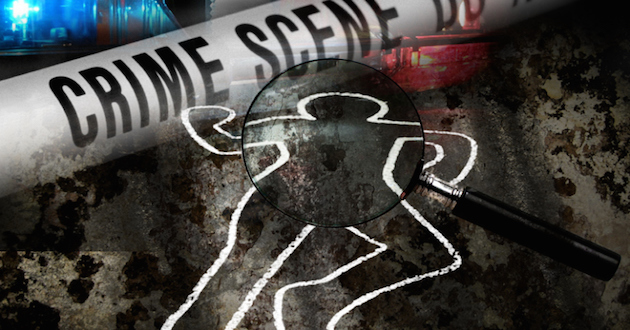Homicides are spiking in major cities across the United States because of what a law professor at the University of Utah calls the “Minneapolis effect.”
“These spikes are remarkably large, suddenly appearing and widespread,” wrote Paul Cassell. At this rate, 2020 will easily be the deadliest year in America for gun-related homicides since at least 1999, while most other major crime categories are trending stable or slightly downward.”
The thesis is that law enforcement agencies have been forced to divert resources from normal policing to patrolling demonstrations. And even as the anti-police protests have abated, police officers have scaled back on proactive or officer-initiated law enforcement, such as street stops and other forms of policing designed to prevent firearms crimes. If this thesis is correct, it is reasonable to estimate that, as a result of de-policing during June and July.
“A close analysis of the emerging crime patterns suggests that American cities may be witnessing significant declines in some forms of policing, which in turn is producing the homicide spikes,” Cassell said. “Crime rates are increasing only for a few specific categories, namely homicides and shootings. These crime categories are particularly responsive to reductions in proactive policing. The data also pinpoint the timing of the spikes to late May 2020, which corresponds with the death of George Floyd while in police custody in Minneapolis and subsequent anti-police protests — protests that likely led to declines in law enforcement.”
READ: Minneapolis residents see a spiritual “war”
Many protests have been calling for the abolishment of police departments across the country.
He compared the situation to the earlier “Ferguson effect” in suburban St. Louis.
“The idea that reductions in policing might be leading to more shootings has historical precedent,” Cassell said. “Heather MacDonald proposed a ‘Ferguson effect’ in May 2015 to explain homicide increases in the aftermath of antipolice protests following Michael Brown’s death in Ferguson, Mo., the previous year. Similarly, my research with Richard Fowles identified declines in police street stops as the triggering event for the 2016 homicide spike in Chicago. Beginning in late 2015, pursuant to an agreement with the American Civil Liberties Union, Chicago police significantly reduced stop-and-frisks in the city. The result was a deadly homicide spike the following year.”
–Alan Goforth | Metro Voice









